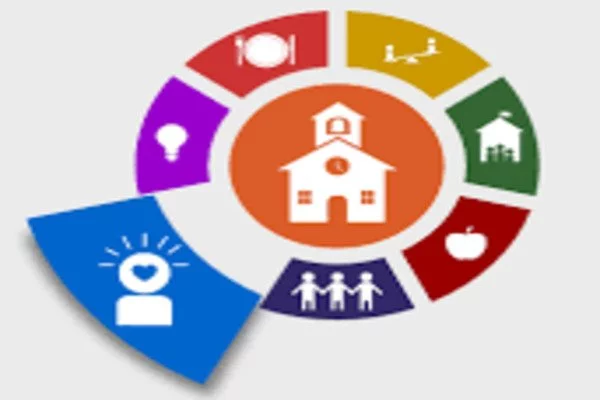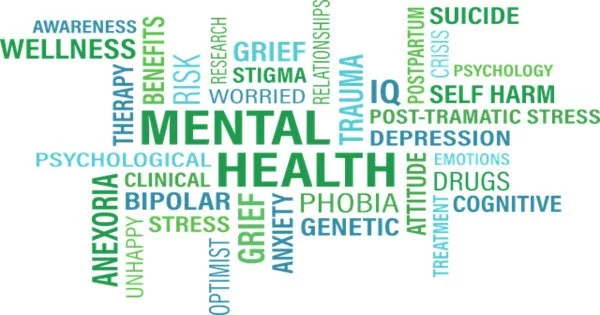Mental health is an essential aspect of overall well-being and plays a crucial role in academic performance, social relationships, and overall quality of life. Therefore, addressing mental health in education is vital to support the success and well-being of students.
The impact of mental health (including emotional, psychological, and social well-being) on educational performance is referred to as mental health in education. Mental health is frequently regarded as an adult issue, but nearly half of all adolescents in the United States suffer from mental disorders, with approximately 20% of these classified as “severe.”
Here are some ways mental health can be addressed in education:
- Promoting Awareness and Education: Educating students, parents, and teachers about mental health and the importance of seeking help when needed can help reduce the stigma surrounding mental health issues.
- Providing Access to Mental Health Services: Providing access to mental health services, such as counseling and therapy, can help students cope with academic and personal stressors.
- Creating Supportive Environments: Creating a supportive environment where students feel safe and valued can help reduce anxiety, depression, and other mental health issues.
- Building Resilience: Encouraging and teaching resilience-building skills such as problem-solving, positive self-talk, and mindfulness can help students better cope with stress and adversity.
- Fostering Positive Relationships: Fostering positive relationships with peers and teachers can help students feel connected, supported, and less isolated, reducing the risk of mental health problems.

Students’ academic and social success in school can suffer as a result of mental health issues. Global education systems approach this topic differently, both directly through official policies and indirectly through cultural perspectives on mental health and well-being. These curricula are in place to effectively identify and treat mental health disorders through therapy, medication, or other methods of relief.
It’s essential to prioritize mental health in education to support the well-being and success of students. By promoting awareness, providing access to mental health services, creating supportive environments, building resilience, and fostering positive relationships, we can help students thrive in school and beyond.
Mental health education should begin in the early grades to ensure optimal growth and development. Children form their first friendships during this time, and teenagers shape their self-worth and self-esteem. Youth face a variety of challenges as they grow, including exclusion, bullying, conflict, and low self-esteem. It is critical that we recognize these challenges and provide children with the tools they need to deal with them. Students’ mental health can be greatly improved with a collaborative effort from mental health professionals, parents, and teachers, laying the groundwork for a healthier and happier future.
















